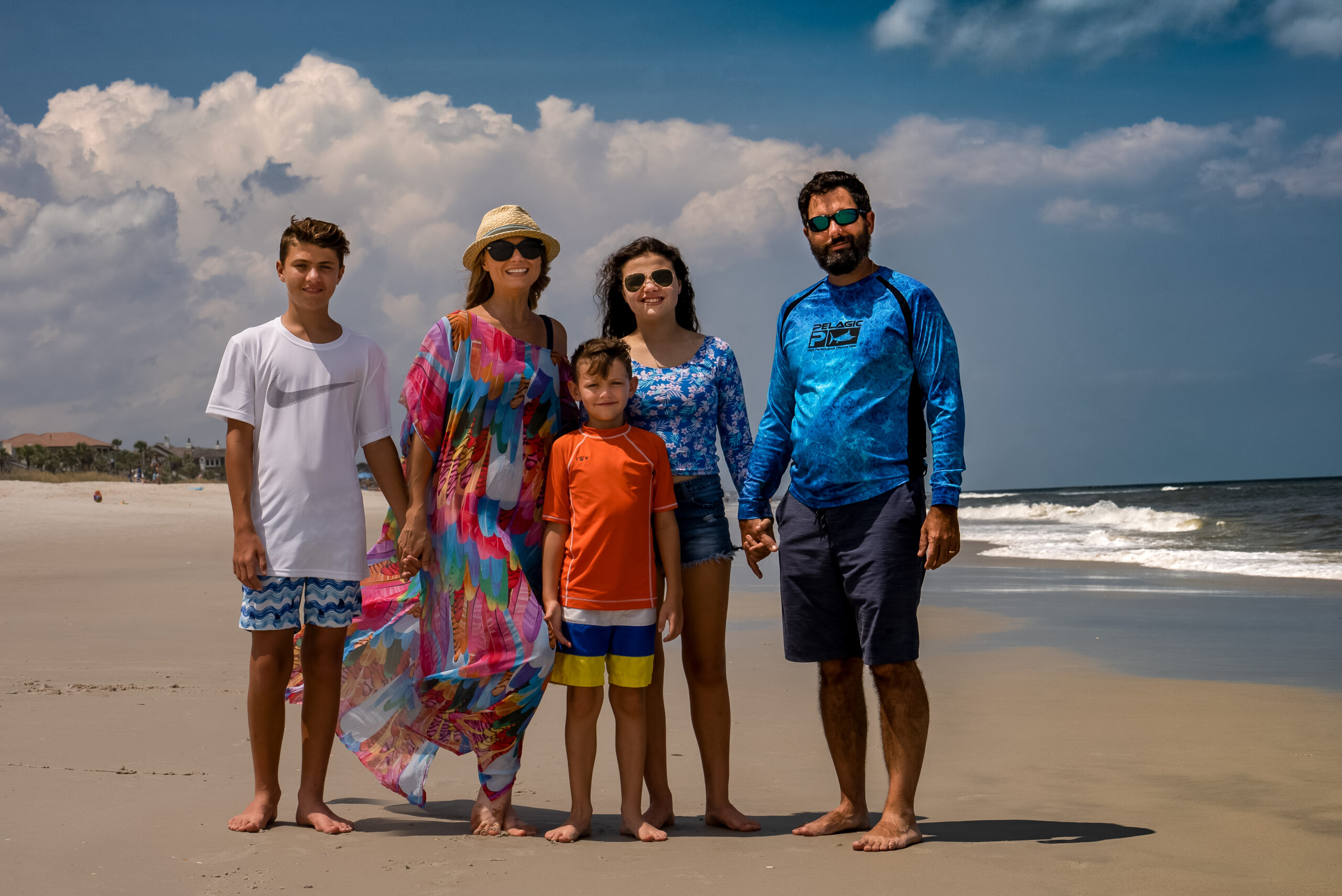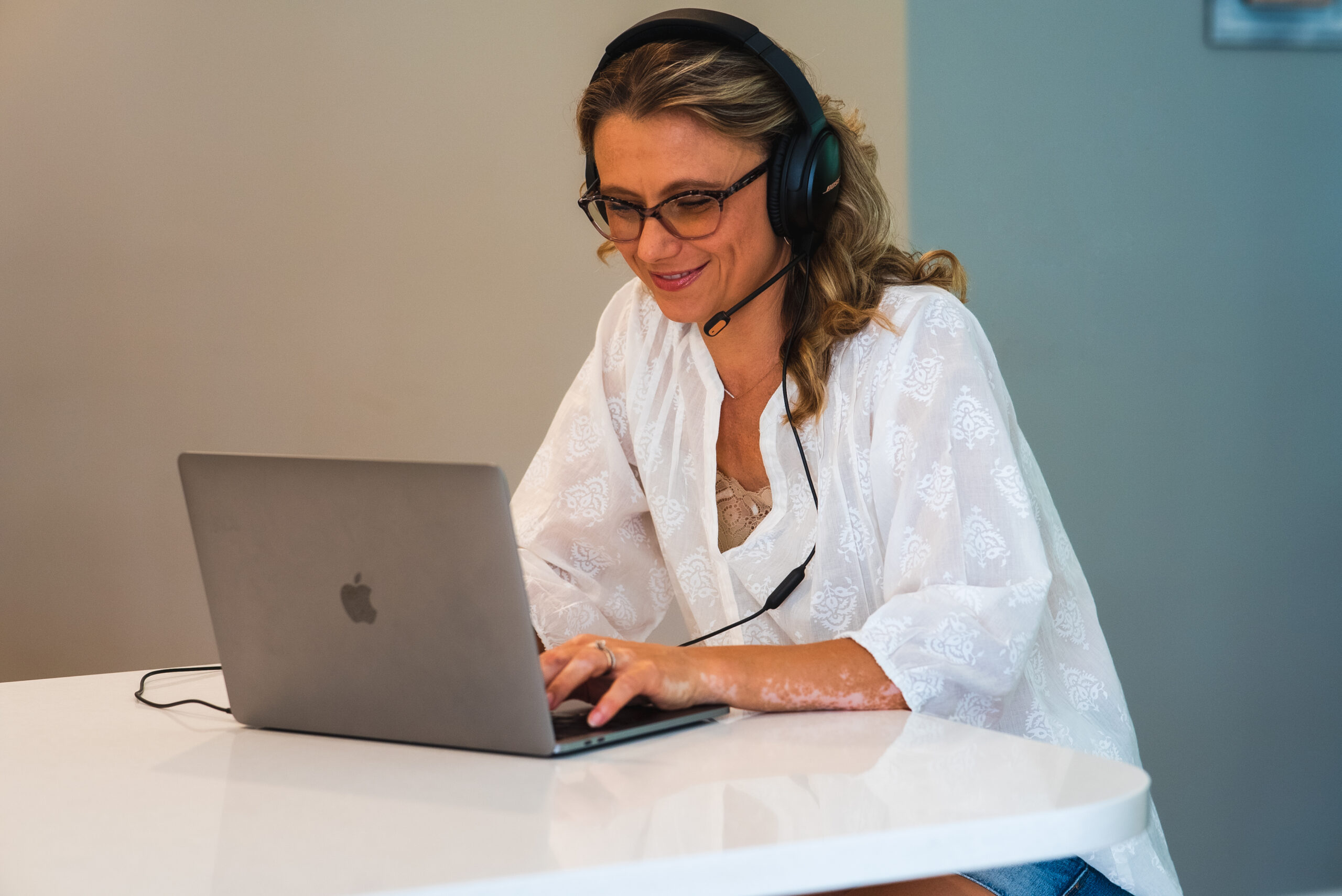Hello I’m Lena,
Graduate of the Andrew Weil Center for Integrative Medicine
Integrative Health Coach
Nuclear medicine technologist
Disability Advocate
An author
Homeschool mom of over a decade
And a cancer thriver
“The oak fought the wind and was broken,
the willow bent when it must and survived.”
–Robert Jordan
ABOUT
In the days just after getting the crisis call (for me the most recent was the “cancer call”), did you ever find yourself in the midst of an everyday event — your family watching a movie, or gathered at the table for breakfast, or a beach day, and suddenly out of nowhere burst into tears?
Tears for no reason, tears because you want more time to enjoy the every day, tears because you never want to lose sight of the simple things. This is about how my experience with cancer brought about a shift in my mind and heart. I have seen various crises do this for other people. The little things suddenly became the big things, my hyper-rational mind made a stronger connection to my heart, and my soul found purpose in service.
THE BEFORE
It was May of 2018, and the weeks leading up to Memorial Day were filled with bustling activity. Our three kids — a preschooler, 4th and 6th grader — had end-of-school days lined up like airplanes landing in Orlando. The smell of doughnuts, popcorn, sunscreen, and watermelon filled the air. Our preschooler was “graduating,” and everyone was bubbling with excitement for their end-of-year performance. With Daddy traveling for work many days, I was exhaustingly busy being the hustle conductor for the rowdy bunch of excited kiddos. I was overwhelmed, though grateful for the busy-ness.
Then one night, as I was settling in with my mommy-sized glass of wine to unwind after bedtime stories, as I was putting on my pajamas, my hand brushed over a tiny indent on my skin, left side, just below the collarbone. Self exams were a routine since high school when my mother had lost her battle with breast cancer. Having been trained as a nuclear medicine technologist, I knew too much when noticing that indent, and my mind filled with images and memories of my mother and many other women I had known who lived through breast cancer. My fingers dug in at the spot and there it was — an unknown mass. In that moment, I felt the fabric of my life tear wide open with that crrrracking sound made by dry, weathered cotton. My life was now divided into a before and after, two edges of a cliff with a great chasm between them.
THE AFTER
The following days were filled with doctor visits and scans in addition to the normal bustle of life. There was no concrete evidence yet, and I told myself not to be scared, but in my heart I couldn’t help it. My last daily appointment before my scheduled biopsy was to record a video about presumed competence in autism, and someone said “mic drop” after I spoke. My mind automatically flagged this meeting as “the last one before.” My bloodied fingernails desperately gripped the cliff of “before” knowing I was about to take a fall. There were times when the fear drove me to freeze, wanting to fight and run at the same time, but perhaps strangely I was savoring every moment of joy that came in the form of the simplest things. I was looking for opportunity in the quiet eye of the storm — opportunity for growth through the crisis. Having seen so many women fight, I sensed that I wanted to be a peacemaker, even though the concept seemed ridiculous when my brain analyzed it. How do you not “fight” cancer?
One of my favorite childhood books was Jules Verne’s 20,000 Leagues Under the Sea, partly because I was fascinated with the idea of somebody in the 1800s breathing so deep under water, and partly because I felt I needed to learn to shift the impossibility of breathing under water. Shane Claiborne captures a related idea of how not to “fight” with his words: “Peacemaking doesn’t mean passivity. It is the act of interrupting injustice without mirroring injustice, the act of disarming evil without destroying the evildoer, the act of finding a third way that is neither fight nor flight but the careful, arduous pursuit of reconciliation and justice.” I decided I would choose to grow and learn no matter the outcome. I was clumsily “coaching” myself — and found a discipline of integrative health coaching. I probably wouldn’t have accepted it and dug in further if I had not walked the journey as I had.
THE JOURNEY TO HEALING
As somebody trained in the healthcare system, and parenting a child who has an autism diagnosis I knew I could work with my care team and in parallel find other related areas of my life experience that I could improve. The areas I found (and later more formally studied) were relationships, resilience, spirituality, movement, nutrition, sleep, and environment. I had no name for this, but it was what I sensed in my mind and in my heart that was needed for me to emerge stronger. My medical team was incredible along the journey, and having me as an active participant in improving areas in my direct control in addition to their focused care became a core part of my holistic treatment. This not only improved my health, but also and most importantly focused my mind.
To be completely transparent, I had always been skeptical of coaching and many of the other treatments that now fall under “Integrative Medicine.” I was trained in radiation sciences, where numbers drive everything and the image on the screen is reflected in the outcome exactly. I reached for hard evidence and clarity. I had no use for coaching as a broad term to describe so many areas of life where someone might want general guidance. After experiencing how much the mindset works outside of medical treatment and how it affected my cancer journey, I found an emerging allied health profession surrounding Integrative Health Coaching. I gave it a chance, and the support it could provide in a structured and research-based manner was compelling to me.
After discovering the importance of addressing your whole-self during crisis, over and above the usual and traditional care, I decided to pursue education and training in integrative health coaching, so that I could share my experiences and help others walk their path, much as I had discovered mine but from a research-based knowledge that is in constant and rapid evolution.

WHAT IS A HEALTH COACH?
Find your clarity by focusing
on your core health.

An Integrative Health Coach is a bridge between having knowledge and information and taking individual action. This new unique health profession offers working knowledge in the area of overall health and well-being, in addition to foundational medical theory. Trained to know how factors like resilience, sleep, environment, movement, relationships, spirituality, and nutrition work together to influence an individual’s health, the coach serves as a partner, helping each person discover their deepest “why” and how that can be a motivation to keep moving forward. Both the coach and the partner are 100% participants, the coach being the expert in the process and the participant being the expert in themselves and their own unique motivations and struggles. The coach’s deep listening, reflection, and powerful questions steer the conversation, almost like the bumpers in the bowling lane that direct the ball towards the pins. Most importantly, the partner learns how the process works and can work themselves through the future of their journey.
Having worked with many partners who are experiencing cancer and other crises, I have seen even more how powerful an integrative approach can be. It is my hope that as more people discover the importance of integrative health, and the profession of coaching a person through their crisis in an integrative way, that this important addition to traditional treatment will become more available and widespread in the care industry.
We do the tough work on ourselves in the dark, and because of that, nothing can take what is yours in the light.
Are You Ready to Get Out of Lukewarm Living?
Let’s start discussing the life you want!
dial up the life you WANT to arrive at your unique life on purpose.
